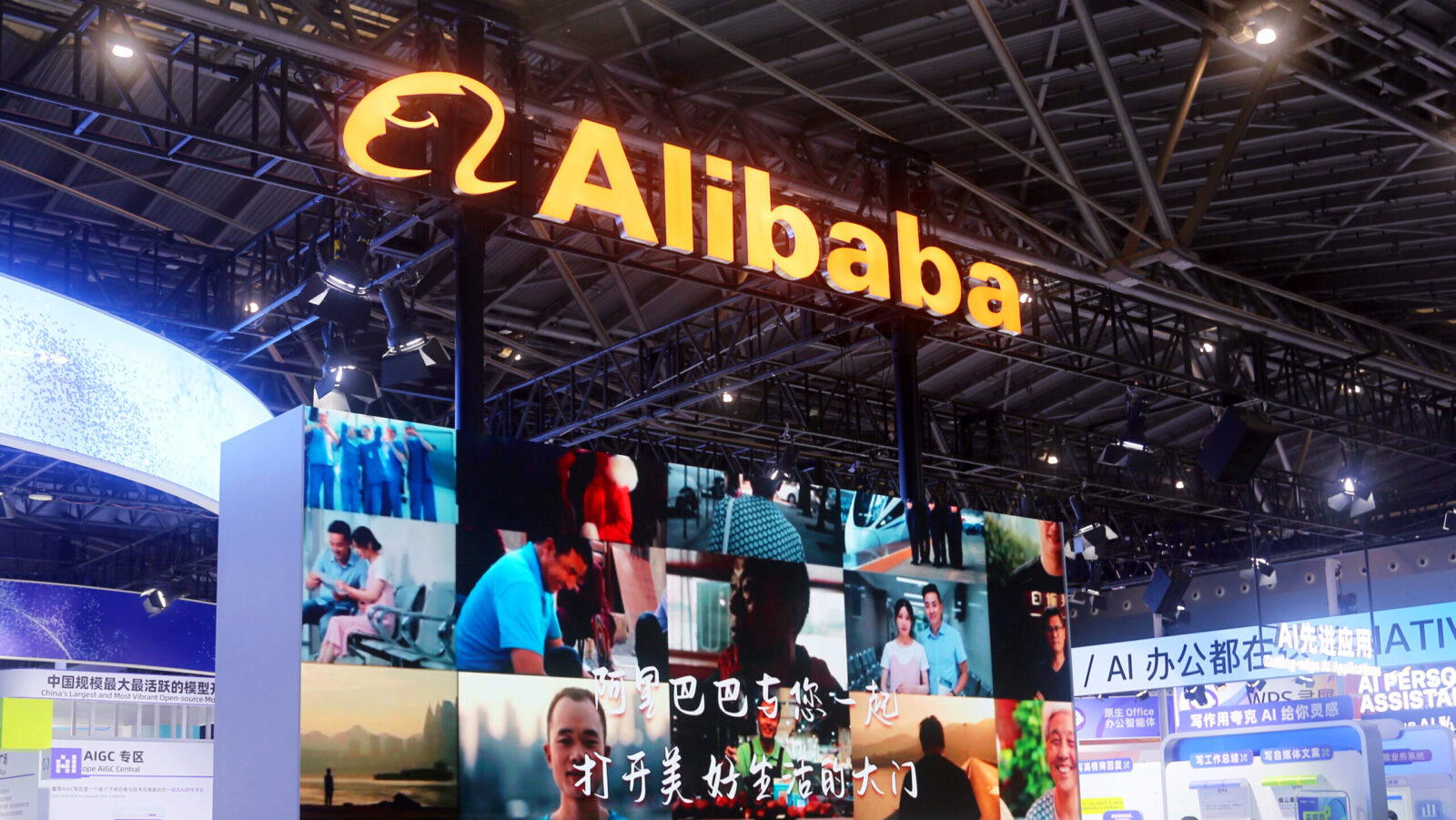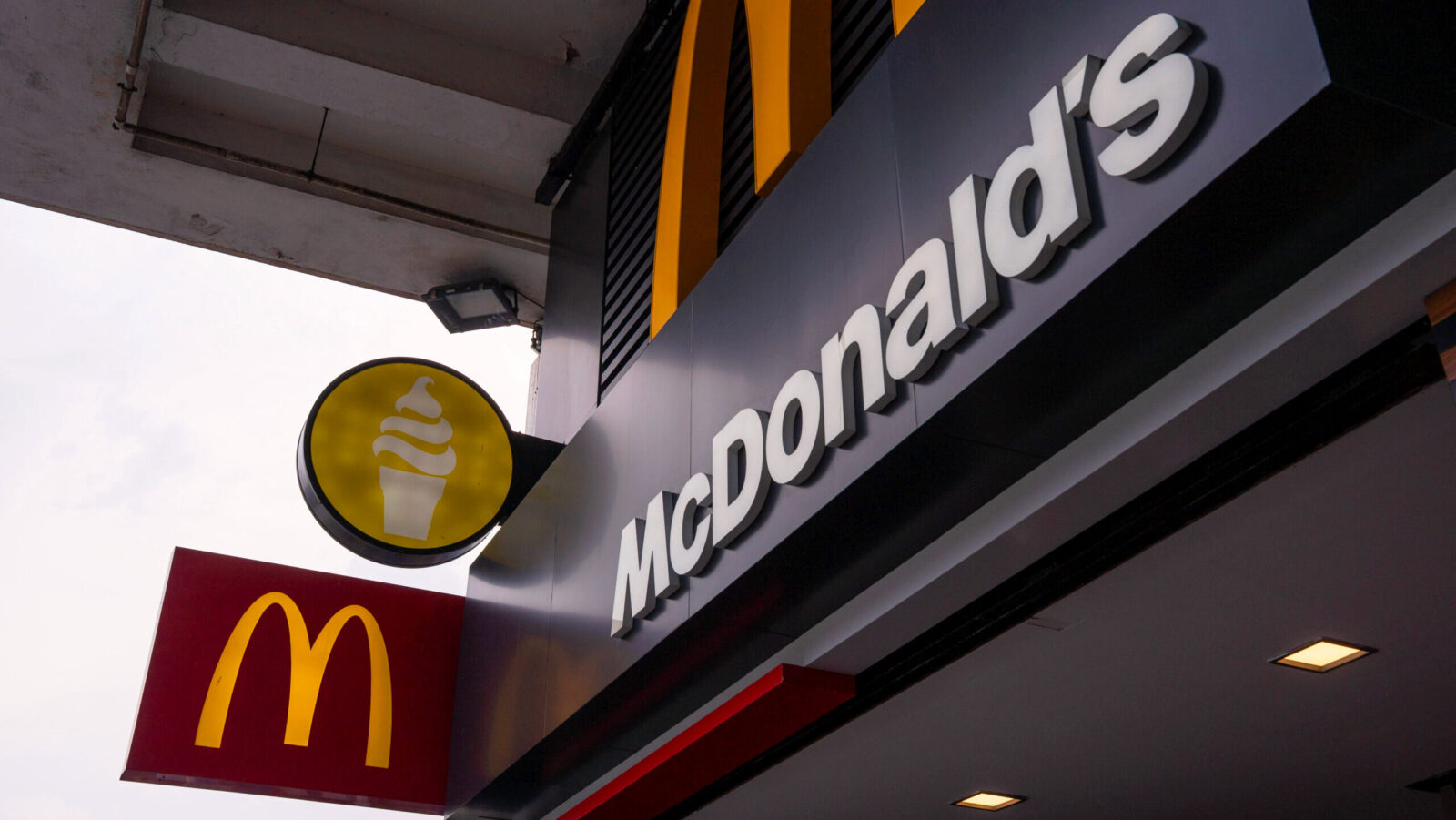Good morning, and happy Monday.
“A million dollars isn’t cool. You know what’s cool? A billion dollars.” Those are among the most quoted words in David Fincher’s highly quotable 2010 film The Social Network. Uttered by a fictionalized version of Napster founder and early Facebook investor Sean Parker, played by Justin Timberlake, and directed at the Mark Zuckerberg character played by Jesse Eisenberg, they succinctly defined the world-altering ambitions of Silicon Valley.
A billion dollars isn’t cool anymore. You know what’s cool? On Friday, Tesla proposed a new pay package for CEO Elon Musk that could make him the world’s first trillionaire. It would add roughly $900 billion to his existing $420 billion fortune if he successfully raises Tesla’s stock market value to $8.5 trillion from the current $1.1 trillion and meets ambitious operational goals. However, he would need to stay at the company for 10 years to earn the full amount. And, who knows, there could be a nerdy college dropout whom the world hasn’t heard of yet who will beat him to the punch. Maybe there’ll even be an AI-generated, 3-D movie about it in 2040 that our robot overlords will let us watch.
Alibaba Executes a Big Tech Pivot

If you’re shopping for a business role model, you can do worse than Amazon.
Alibaba, the Hangzhou, China-based e-commerce giant, is precisely the type of company that could easily suffer under the new, shifting terms of global trade. Instead, its stock, dually listed in New York and Hong Kong, is up roughly 60% year-to-date on both exchanges. Why? Because, like Amazon, the company has successfully diversified into cloud computing. Now, Alibaba is ever so slowly starting to model itself after another American tech giant, Nvidia, as it enmeshes itself into every corner of China’s domestic artificial intelligence industry.
Chips on the Table
Investors have plenty of reasons for their enthusiasm for Alibaba. In its most recent earnings call in late August, the company posted 26% sales growth in its cloud computing division, while saying revenue for its in-house AI-related products and services “maintained triple-digit year-over-year growth.” That essentially means the company is having its AI cake and eating it, too. It benefits whether clients use the AI tools it has developed and sells through its cloud division (its Qwen AI model is consistently one of the highest-rated in the world) or use its cloud services to power third-party AI services such as those provided by homegrown Chinese player DeepSeek. “[Alibaba] holds the best cloud assets in China, positioning it to capitalize on strong AI demand,” Mizuho Securities analyst Wei Fang wrote in a research note.
Now, the company is increasingly pursuing a third leg in its AI business stool: According to a Wall Street Journal report last week, Alibaba is making major strides in its ability to design AI-powering chips just as China’s tech industry looks to reduce its reliance on foreign chip suppliers:
- While Alibaba has designed cloud computing chips in the past, they have mostly been useful only for specific applications. Per sources who spoke with the WSJ, the latest chip in its pipeline is capable of a much broader range of AI inference tasks.
- Experts did tell the WSJ that the chip lags top US-designed chips, though it could help fill the gap left by Nvidia’s comparatively lower-powered H20 chip that was popular among Chinese firms. Meanwhile, unlike Huawei’s chips, sources tell the WSJ that Alibaba’s chips are made to be much more compatible with programs initially designed to use Nvidia chips.
Special Delivery: AI may be Alibaba’s future, but what about its e-commerce present? (For reference, e-commerce still accounts for just under 60% of the company’s total revenue). While the unit overall had a strong quarter, with revenue rising 10% year-over-year to 19.6 billion yuan, a flailing food-delivery business is dragging it down. That division, which operates under the TaoBao Instant Commerce brand, has been a consistent money-loser for Alibaba as it remains locked in a bitter price and customer acquisition war against domestic players like Meituan and JD.com. At this rate, it seems like only AI superintelligence can crack the code of making instant lunch deliveries a sustainable business model.
Want More of The Daily Upside in Your Feed?

Make sure our stories (and any others you love) always rise to the top. With Google’s new preferred source feature, you can give our reporting priority in your feed — no algorithms, no missed stories, just insights you trust.
Click here to log in and select The Daily Upside — Google account required.
McDonald’s Chief Blasts Minimum Wage Loophole for Tipped Workers

IHOP has an advantage over McDonald’s, and it’s not four types of syrup. According to McDonald’s chief Chris Kempczinski, sit-down restaurants are unfairly benefiting from being allowed to pay tipped workers a subminimum wage. And the playing field is becoming more uneven because of a “Big Beautiful Bill” provision eliminating taxes on tips.
Kempczinski called out tip-accepting restaurants on CNBC last week, telling them, “You’re essentially getting the customer to pay for your labor.” McDonald’s also pulled out of the industry’s leading trade group, the National Restaurant Association, in part over the issue.
Move the Decimal and Double It
Quick-service locales like coffee shops request tips as a cherry on top of their workers’ wages, which are required to meet state and federal minimums at least. Full-service restaurants, however, have tips built into their business model. While the federal minimum wage is $7.25, tipped workers only have to be paid $2.13, with tips expected to make up the difference.
But that’s starting to change:
- A handful of states, including California and Washington, have eliminated the subminimum wage, while more locales are considering legislation to nix it. Critics have warned that restaurants would have to raise food costs or tack on service fees to make up for the difference, while proponents argue the industry has managed to survive in states that haven’t had a subminimum wage for years.
- Nixing the subminimum wage could help companies retain employees while boosting their financial well-being, Kempczinski said. But of course, McDonald’s, which doesn’t accept tips, would benefit from the subminimum wage being eliminated since its competitors would have to pay more for labor.
Tip Fatigue: Tipping has encountered significant backlash in recent years as people have been faced with the dreaded “Leave a tip?” prompt on an iPad with some choices upward of 25%. As tipping fatigue has gained fame (and meme status), Americans are tipping less. But workers in many industries still depend on tips. Beyond restaurant employees, gig workers on apps like Uber and DoorDash rely on tips and can be paid the subminimum wage where it’s legal. The “Big Beautiful Bill” tax relief will also impact tipped workers who make a standard minimum wage or even, as the Treasury Department recently confirmed, a less standard paycheck. Social media creators, like TikTok and Twitch livestreamers, will also get tax relief on tips.
Stalling Jobs Growth May Be Just What the Market Needs
Friday marked the Bureau of Labor Statistics’ first monthly jobs report since President Donald Trump said July’s update was “a total scam” and “rigged” against him, contributing to his decision to fire the bureau’s commissioner.
New messenger. Same message. The latest report showed the US job market is stalling. The Federal Reserve saw the same message, increasing the likelihood of an interest-rate cut.
Hope in Strange Places
The economy added only 22,000 jobs in August, and the unemployment rate ticked up one-tenth of a percentage point to 4.3%, officials said. That fell well short of the 76,500 jobs expected by economists polled by Factset, and trailed the (upwardly revised) 79,000 jobs added in July. Manufacturing jobs fell for the fourth month in a row, underscoring the challenges of producers who have seen their costs rise under tariffs.
The revision the bureau made to its June data was notable: The agency now says jobs actually fell — by 13,000 — for the first time since December 2020, ending the second-longest run of employment gains on record. “The slowdown over the past six months has been driven in large part by tariff-related uncertainty and elevated inflation, which have curbed consumer spending and reduced labor demand,” said Mike Sanders, the fixed income head at Madison Investments. “The biggest risk now is that labor market weakness begins to accelerate from here.” He and other analysts believe the Federal Reserve will act to prevent that from happening, something markets are banking on as the Fed’s September 17 interest-rate decision nears:
- John Luke Tyner, the head of fixed income at Aptus Capital, said the numbers were “what the market was hoping for,” adding that it “solidifies the 25 [basis-point] September cut and likely more to come quicker if data stays on this softer trend.” Investors expect that a rate cut will likely stimulate sluggish M&A activity and other dealmaking by lowering borrowing costs.
- “Despite inflation remaining above target, the Fed appears more concerned with helping the labor market than forcing inflation down, and importantly, it does not view wage growth as a risk that would derail easing,” said Sanders. While rate cuts are generally viewed as a good thing for stocks, US equity markets were down slightly on Friday amid investor concerns that slowing job growth could signal broader economic challenges.
Two in a Row: Fed Chair Jerome Powell, for one, has signaled that a rate cut may be on the way, which would come as a surprise to virtually no one. What might surprise some would be back-to-back rate cuts in the first two months of fall, but that’s what most traders are betting on as of Friday, according to CME Fedwatch.
Extra Upside
- Power Shift: Treasury Secretary Scott Bessent argued in a Wall Street Journal op-ed that the Federal Reserve should drop its role in regulating banks, with the Federal Deposit Insurance Corp. and Office of the Comptroller of the Currency doing the lion’s share of the work.
- Book Prize: AI company Anthropic agreed to pay at least $1.5 billion to settle a class-action lawsuit over claims it downloaded pirated versions of copyrighted books and illegally trained its large-language AI models on them.
- Join Big-Name Investors By 9/18: They already backed the likes of Uber, eBay, and Venmo. Now they’re backing Pacaso. They’re not alone, either. 10,000+ regular investors have joined. You can, too. But not for long. Invest before it ends.*
* Partner
Just For Fun
Disclaimer
*This is a paid advertisement for Pacaso’s Regulation A offering. Please read the offering circular at invest.pacaso.com. Reserving the ticker symbol is not a guarantee that the company will go public.
Listing on the Nasdaq is subject to approvals.
